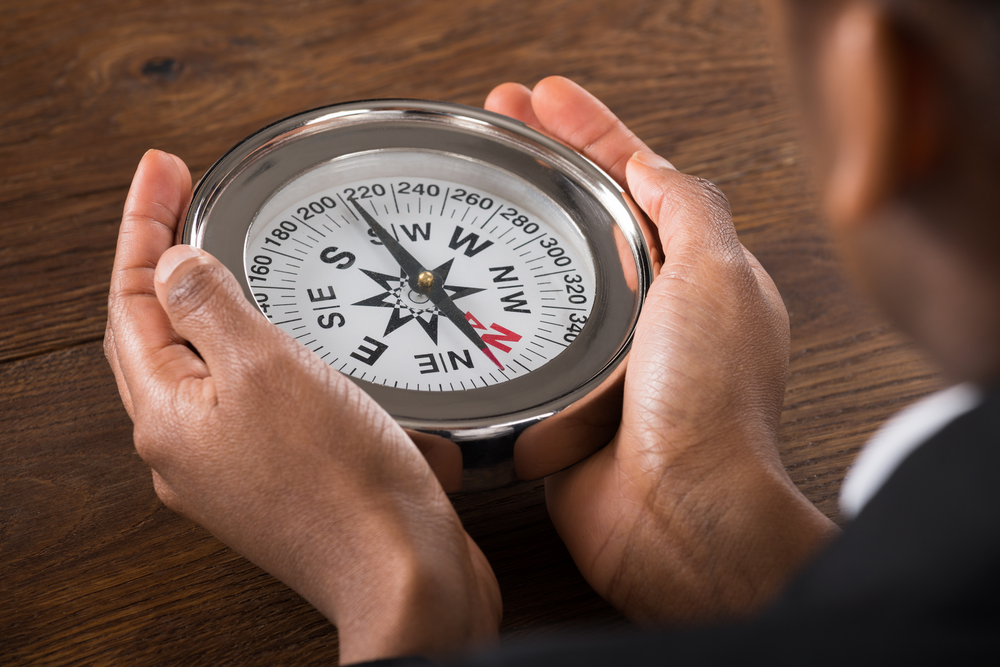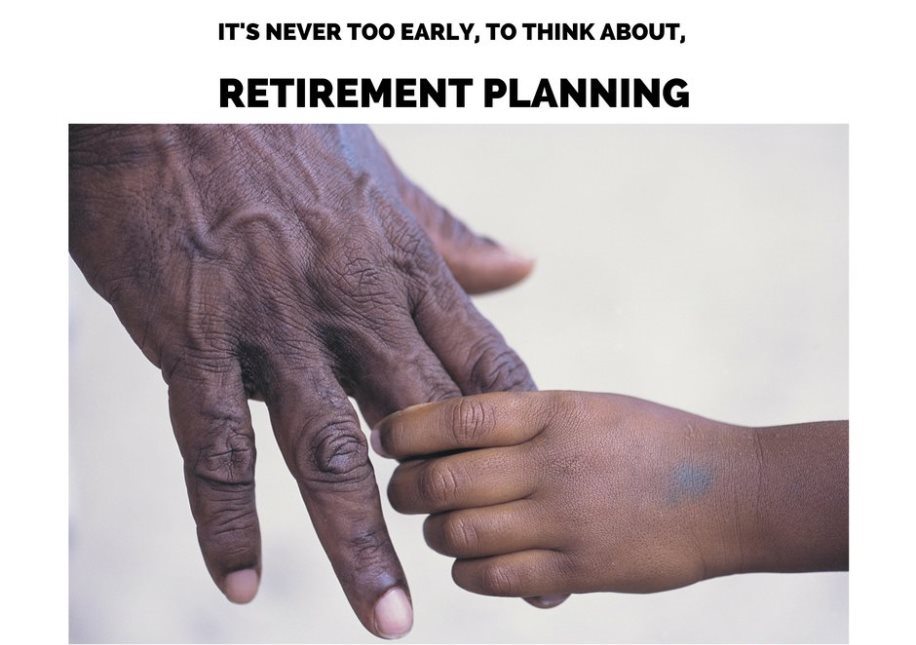How To Be Frugal And Happy
The greatest barrier to financial responsibility is that we are afraid of adopting a miser lifestyle. We are afraid of focusing so much on saving that we fail to enjoy life. A budget feels like spending prison, and a frugal lifestyle sounds like a life with absolutely no fun.
This isn’t always the case, and this kind of thinking is a product of our socialization, that fun equals to spending money. Most of us believe that unless we are spending money, we aren’t having fun, and the more we spend, the more fun we are having. We therefore end up spending all our lives chasing money to buy commodities, and experiences which do not fulfill, and leave us more fatigued than ever.
Like I shared with a friend yesterday, we strive to earn more, so we can afford more expensive (and assumedly more restful) holidays to rest from the fatigue that comes from working. A vicious cycle.
How do we break free of this trap?
Recognize that stuff and money don’t bring fulfillment : As cliche as this sounds, money does not buy happiness, no matter what advertising tells you. I’ve met people with less than I and are so content, it’s amazing. We find contentment in our hearts, and in building relationships, not from the things we own. Do not fall for the trap: “I will be happy when I buy….”. You won’t be any happier than you are now. Deal with the condition in your heart that is causing the discontentment.
Give: Whenever I feel discontented about my life, I find that it helps to spend time with people that have less. Spending time with the less fortunate isn’t a sick self esteem boost. It gives me perspective and helps me realize how privileged I am, and reminds me that I have been given to give. 2nd Corinthians 8:14 says:
your abundance at the present time should supply their need, so that their abundance may supply your need, that there may be fairness.
The blessings that we have aren’t ours to keep, but are to give, so that when we are in need, we shall receive.
Next time you’re feeling deprived, spend time with or money on someone else who needs it. It’s good for your heart.
Focus on experiences not commodities: We are living in an era of extreme consumerism. Every other day there’s a new gadget, a new holiday destination to visit and numerous shopping links on Facebook. Not to mention the pressure social media brings: everyone seems to be having a greater time than you are (If Twitter and Facebook updates are to be believed).
In addition, we are now marking every other holiday, and each comes with expectation to spend on gifts for our loved ones.
Most of us tend to associate expense with love, this is rarely the case. The Minimalists have written a great post on the commodification of love that I think serves as a good guide on how to give gifts to your loved ones.
Focus on experiences instead of money spent. The same principle applies to your “treats” to yourself. If you’re feeling tired after a long work week, you’ll probably relax better by having a cheap picnic at the park, compared to spending half the night out drinking in the bar. Ladies (myself included) indulge in comfort shopping, and to be honest, the fix doesn’t last, a Yoga session would probably relax us more, and cost less.
Watch what you’re exposed to: What influences your spending choices? Why do you want the latest Apple gadget? Is there a real functional reason, or do you just want to post better photos on Instagram? To what extent is watching other people’s lives playing out on social media affecting your spending choices?
If you were stuck in an island by yourself, would you still spend your money on the things you spend on?
It’s important to differentiate the things you want because you genuinely need then, from the things you want because it’s societally acceptable to own them.
Avoid needless exposure to advertising, it works!
Finally, don’t believe everything you read on social media. That “awesome” party or the “new ride” your friend is tweeting about may be a lie. Just saying.
The above points don’t exhaust this topic, there are numerous resources online on Minimalism and contentment, read them and apply what you read.
Ultimately, Godliness and contentment is said to be great gain (1st Timothy 6:6). Strive for that.




